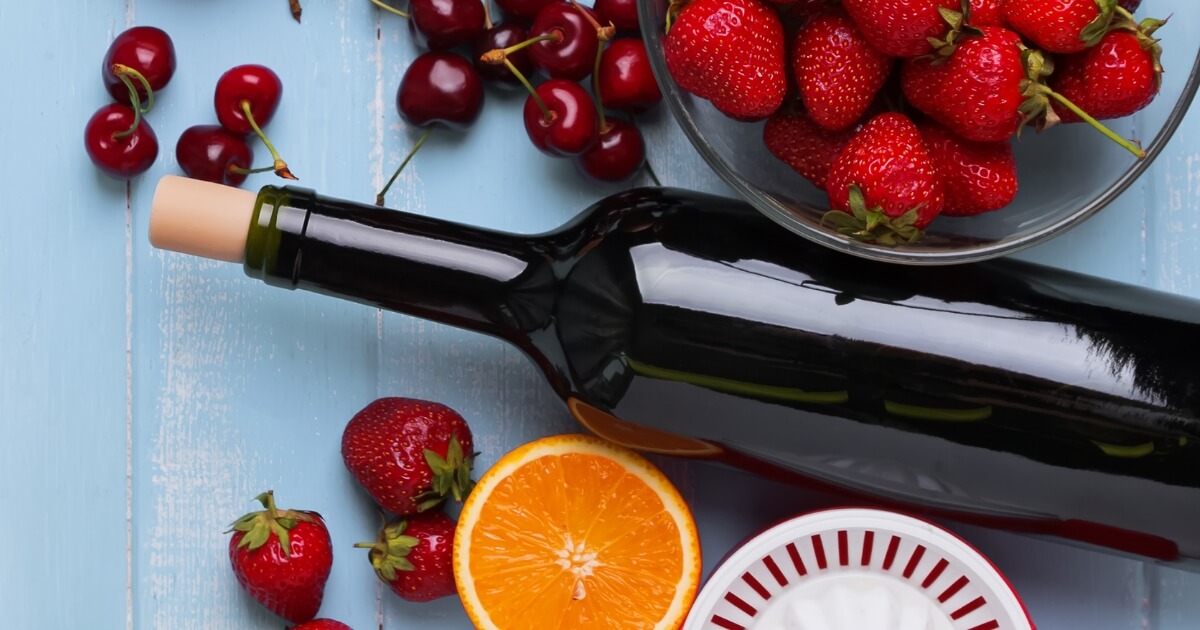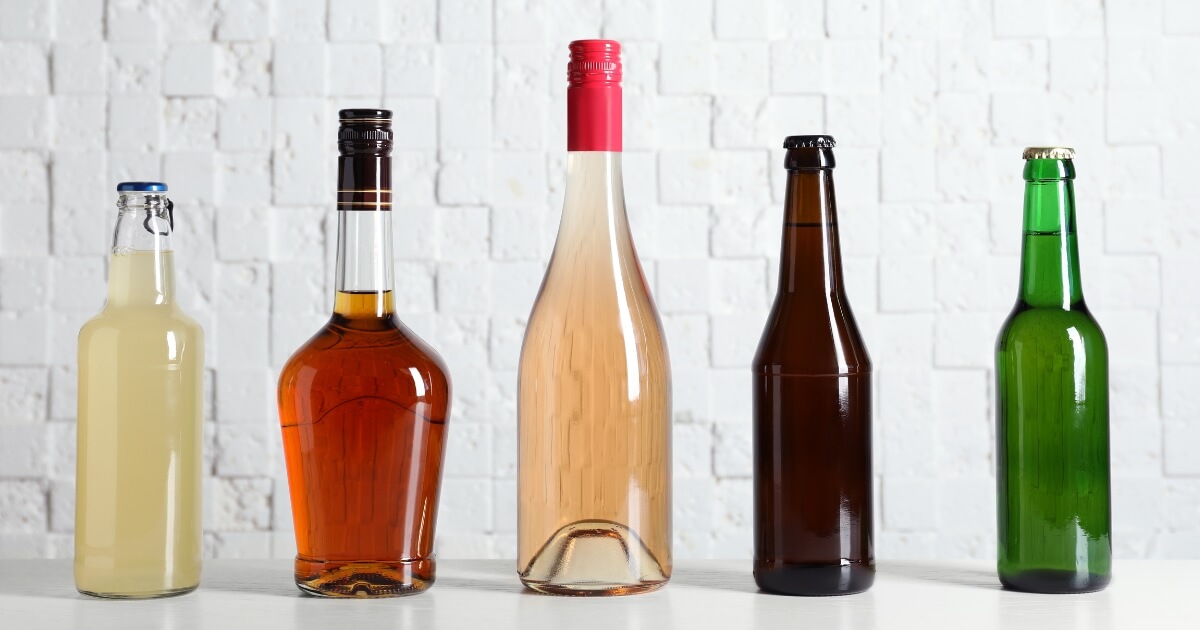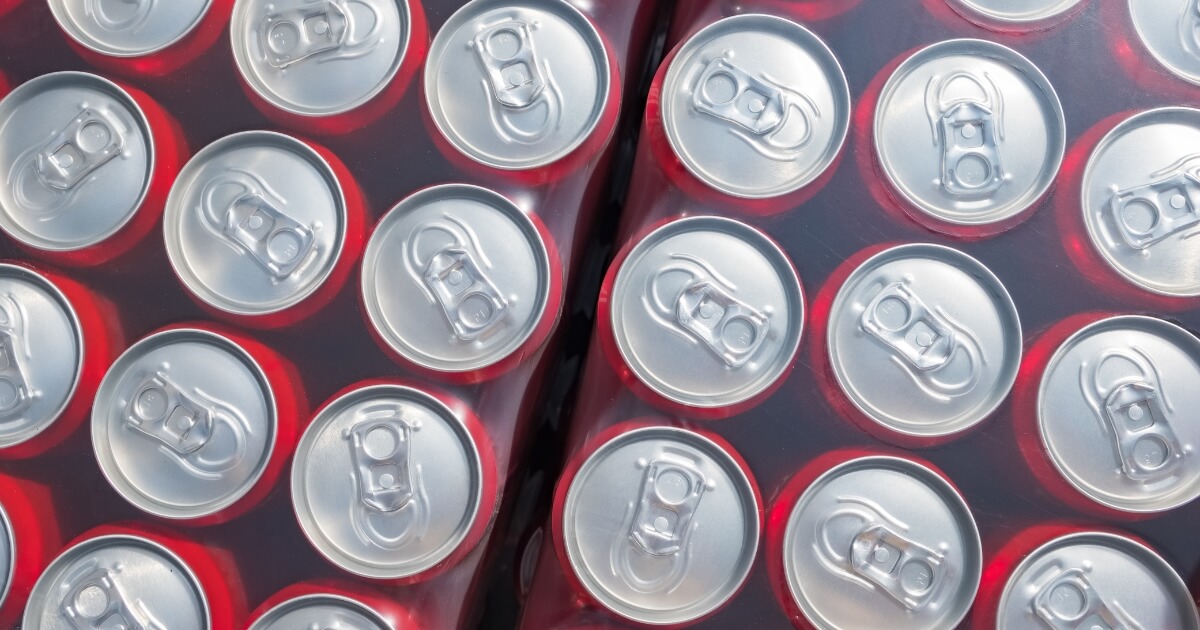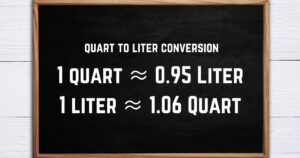While beer isn’t known for going bad in the way perishable foods do, its flavor profile does take a hit over time. Beer ages and is meant to be enjoyed fresh, and the expiration countdown starts as soon as they’re bottled or canned.
Understanding the brewing process of your favorite brews, the role of alcohol content as a natural preservative, and the impact of factors like exposure to light and temperature fluctuations will help you to keep your beer tasting great.
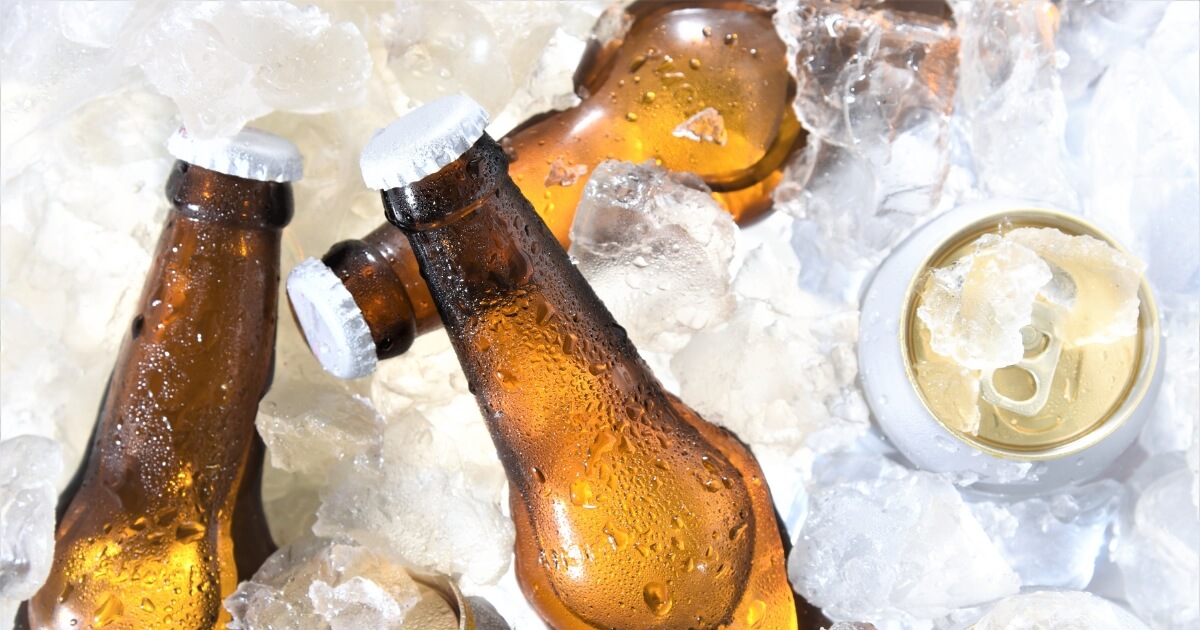
Let’s break down the science behind beer storage and the best-before date to ensure your next cold one is as refreshing as intended.
How Long Does Beer Last?
Determining how long beer retains its intended flavor is a blend of art and science, and the shelf life varies widely by type and storage conditions.
When stored properly, beer’s peak freshness typically lasts a few months past its “best by” date. While it remains safe to drink beyond this point, the flavors may start to dull—especially in hoppy beers. Keeping beer cold extends its shelf life, with refrigerated beer lasting longer than at room temperature.
Here’s a chart to understanding the longevity of your favorite beers under various conditions:
| Storage Method | Shelf Life | Notes |
|---|---|---|
| Unopened Canned Beer | Up to 2-3 years in refrigerator | Ideal for craft beers; cans prevent light exposure, preserving flavors. |
| Unopened Bottled Beer | 5-9 months beyond expiration date | Darker bottles preserve beer longer; lighter bottles are more prone to light-induced flavor changes. |
| Opened Beer | About 1 day | Flavor degrades quickly due to oxidation. |
| Mini Kegs | Finish within a day | Similar to opened beer, flavor changes rapidly. |
| Craft Beers | Varies, often 3-9 months | Higher alcohol content and unique brewing styles may affect shelf life; refer to brewer’s guidelines. |
| Room Temperature Storage | 3 days at 90°F, 30 days at 72°F | Heat accelerates spoilage; cooler temperatures extend shelf life. |
| Refrigerated Storage | Up to 300 days at 38°F | Best for long-term storage of most beer types. |
The consistent, cool temperature in the fridge shields beer from the flavor-altering effects of heat, offering a refrigerated beer a longer life cycle. Room temperature storage, while convenient, invites a faster decline, especially if temperature fluctuations are common.
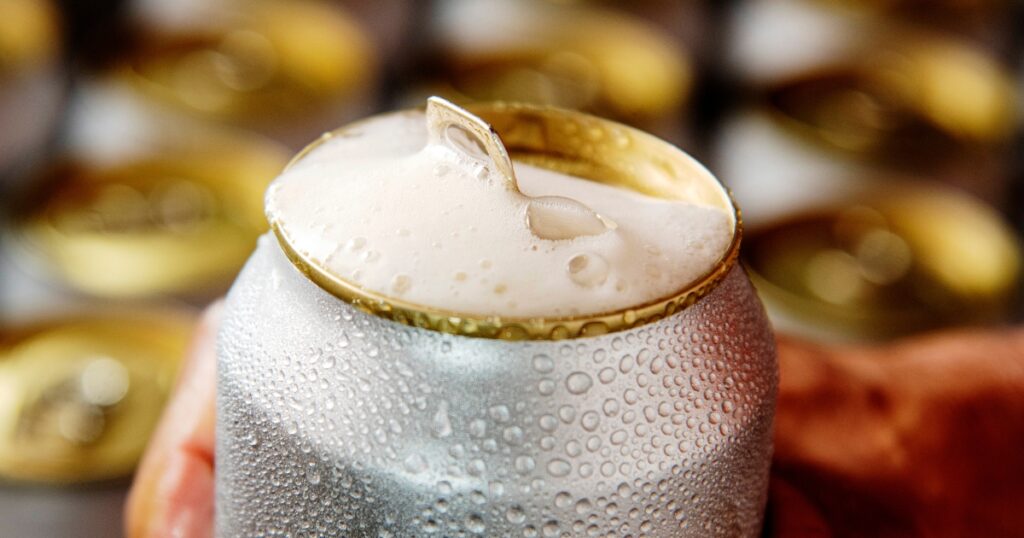
Craft beer shelf life can be less predictable, with some crafted to mature and deepen in complexity, while others, especially hop-forward beer like IPAs, are best savored soon after purchase.
Mini kegs, once tapped, have a brief period of peak freshness, reminding us that the ideal temperature and timely consumption are key to a superior beer experience.
Does Beer Expire?
Beer doesn’t expire like milk curdles or meat spoils, but it does have a peak period of prime enjoyment.
Expiration dates on beer are more about quality assurance, indicating when the beer taste begins to change. It’s the point where fresh beer transitions into what’s known as expired beer.
Factors like exposure to oxygen and UV light play significant roles in the oxidation process that deteriorates beer.
Whether it’s the darker ales in light-resistant dark bottles or the lighter lagers in clear containers, each type of beer responds differently to the elements, with canned beer offering a more airtight defense against the aging effects of oxygen exposure and light.
And unfortunately, age just doesn’t improve beer as it does wine.
How To Identify Expired Beer
The term ‘expired’ refers to the period post the best-before date, when your beer may still be drinkable but no longer offers the peak taste the brewer intended.
The signs beer has gone bad may include:
- Dull Aroma: Fresh beer often has a vibrant, hoppy, or malty aroma. If those scents are muted, the beer might be expired.
- Flat Taste: A lively carbonation contributes to a beer’s mouthfeel. No fizz and a flat taste indicate it’s past its best.
- Off-Flavors: Unintended sourness or a cardboard-like taste is often due to oxidation.
- Change in Appearance: Beer should be clear or intentionally hazy. Any murkiness or sediment suggests degradation or bacterial contamination. Avoid drinking it.
- Skunky Smell: Skunky or musty odors are usually the result of light exposure, particularly in lighter beers.
- Sourness: Apart from intentionally sour styles, any sharp, vinegar-like sourness could indicate spoilage.
When in doubt, check the months of packaging on the label. Brewers provide this, as a rule of thumb, a snapshot of when the beer was freshest. Beer is typically best within a few months to a year from this date, depending on the beer style.
Tips For Storing Your Beer
Storing your beer correctly is like giving it a cozy home where it can sit tight until you’re ready for a drink. Keep unopened beer in a dark, cool spot. Think cellar vibes and definitely away from any direct sunlight that can trigger that dreaded skunky chemical reaction.
Now, once you open a beer, it’s a different ballgame. Opened beer is best enjoyed within a day, as it loses its carbonation and can take on an oxidized flavor and lose its fizz.
So keep that open beer cold, sealed tight if possible, and enjoy it while it’s fresh to maintain that just-brewed beer taste.
Storing Unopened Beer:
- Place in a dark, cool environment, ideally at a consistent temperature between 45-55°F.
- Avoid areas where the temperature fluctuates, like by a window or a stove.
- Store bottles upright to minimize oxidation and contamination from the cap.
Storing Opened Beer:
- Consume within 24 hours to enjoy its peak flavor.
- If it’s a resealable type like a growler, make sure it’s sealed tightly and kept refrigerated.
- For cans or non-resealable bottles, transfer the leftover beer into a sealed container and refrigerate.
I know you’re thinking, who would put an opened beer back in the fridge for later? Sometimes, things happen, and it’s good to know you don’t have to pour it out.
The 3-30-300 Rule For Beer
The 3-30-300 rule is a snappy way to remember how temperature impacts your beer’s shelf life.
Imagine this: your beer sitting at 90°F will start losing its charm in just 3 days, similar to how a week of sunbathing might feel on your skin—intense and too much.
Now, at a milder 72°F, typical room temp, your beer can chill for about 30 days before it starts to sweat the good stuff away.
But here’s the kicker: at a cool 38°F, right in your fridge, that same beer can hang out, staying true to its flavor for 300 days. Keep your beers cold, and they’ll keep you happy longer. It’s as simple as that.
Beer Shelf Life FAQs
What Happens If You Drink Expired Beer?
Drinking expired beer might not send you to the emergency room, but it won’t be the tastebud tango you’re looking for. While you’re unlikely to get sick, you’ll probably find the beer has lost its spark and become flat, lifeless, and just taste bad. The best thing to do is to avoid drinking it if it seems off.
Does Beer Go Bad When It Goes From Cold to Warm to Cold?
Beer is resilient but doesn’t appreciate temperature changes very well. Frequent temperature changes can degrade the quality, leading to a less-than-stellar sip that doesn’t hit the spot.
Do Different Types of Beers Go Bad Faster Than Others?
Absolutely. Lighter, hoppy beers tend to throw in the towel sooner, while heavier, darker, or sour beers might shrug it off and keep aging gracefully.

